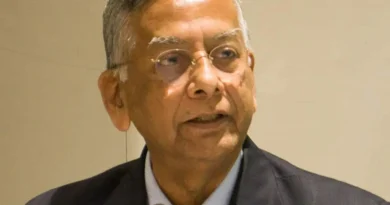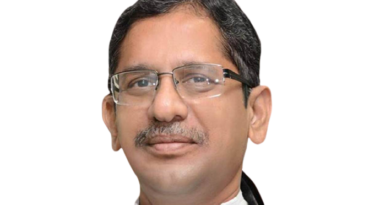CLAT 2020: Petition Filed In SC Seeking a Direction to Consortium to Re-Conduct the Exam
(Judicial Quest News Network)
A writ petition has been filed in Supreme Court seeking a declaration that the conduct of Common Law Admission Test (CLAT) 2020 violated Article 14 & 15.
It is filed by many CLAT aspirants submit that “CLAT 2020” is erroneous, faulty, defective & discriminatory.
Further the petitioners pray for the court to quash the exam and for a direction to the Consortium to re-conduct the exam.
Apart from the prayer the conduct of a fresh round of CLAT2020, is also sought by petitioner reasoning the technical flaws in the software technology used by the Respondent to conduct CLAT 2020 cast a big shadow over the capability of the exam to test merit and strike at the very root of fairness and integrity of the exam process, thus rendering CLAT 2020 arbitrary and discriminatory and violative of Articles 14 and 15 of the Constitution.
This year after multiple rounds of postponement due to COVID-19 contingencies, CLAT was finally held on September 28 as online –Centre based exam.
The petitioners submit that it would be manifestly unreasonable and arbitrary to expect even groomed lawyers to read and process critical information at this pace.
Expecting students under the age of 18 to have such superhuman reading and word processing speeds is nothing but a result of a total non-application of mind as regards the length of the paper. On this ground alone, the exam ought to be quashed.
In addition, it should be kept in mind that students from diverse backgrounds participate in CLAT 2020 which is a national-level exam that determines entrance into the country’s top law schools.
All students are not equally well – versed with the English language because of social factors and hence the speed with which different students read and process sentences and passages in English would vary significantly from one student to another.
Therefore, to ensure a level playing field in the exam as far as possible, the exam should be much shorter in length so that what gets tested in fact is the intellectual ability of the candidate rather than her familiarity with the English language.
The petition lists various issues faced by the aspirants in the online entrance exam:
1. The candidates have chosen/selected/ticked correct answers; however, it is reflecting in result that wrong & different options have been chosen/selected/ticked.
2. The result is displaying and calculating marks in those questions, which were not even attempted by the candidates.
3. Candidates have chosen/selected/ticked different options; however, in result different answers are shown as chosen/selected/ticked.
4. 10 questions are either wrong, or their answers which are uploaded on website are wrong.
It is further submitted that “the lack of a proper and robust accountability mechanism – through which the functioning of the software could be judged with the utmost transparency – also violate the right to know of the Petitioner and other similarly situated students under Article 19(1)(a) and the requirements of reasonableness in Articles 14 and 19(2) of the Constitution.
The petition claims that he manifest and glaring errors and absurdities in the question paper as well as answer key uploaded by the Respondent vitiate the authenticity of the exam and its capability to test the merit of students.
In addition to highlighting that the large number of objections filed by the aspirants casts aspersions on the integrity of the software used for the exam, the petitioners also state that the instructions for the exam were vague and , as such, arbitrary.
The vagueness and ambiguity of the instructions provided in the exam including the instructions concerning “Clear Response” and “Mark for Review” worsen the arbitrariness and discrimination perpetrated by CLAT 2020.
An objection to the length of the exam have also been raised which is stated to have had about 18,600 words to be read in the 120-minute time span permitted to answer the exam.




